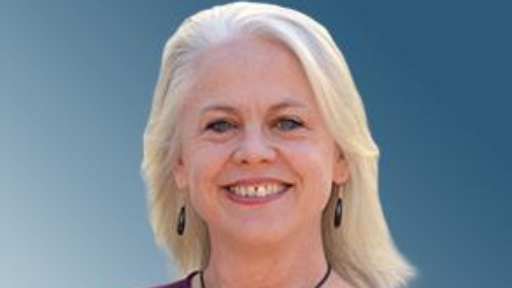Laurie Adams Quickfire
Laurie Adams
Why do you support Women for Women International?
I support Women for Women International for so many reasons!
- Women for Women International values and its way of working from a position of solidarity and sisterhood.
- Proven model with evidence that it works – both from feedback of women, Women for Women International serves – and also from rigorous trials that compare the model to others.
- The mission of investing in the most exploited and marginalised people so that everyone, everywhere can achieve their full potential.
Why are you passionate about gender equality and women’s rights?
My experience working on injustice has shown me that the most powerful force for change – whether it is achieving rights, overcoming poverty, or recovering from humanitarian disaster – is women coming together to claim their collective and individual power. Also, as a woman myself I have direct experience of gender inequality that is persistent across all the countries I have worked in.
What is your feminist origin story/what is your earliest memory of witnessing gender inequality and wanting to do something about it?
My earliest memory of witnessing inequality and wanting to do something about it was in relation to race rather than gender, and it was to do with how my younger sister, who identifies as tri-racial, was treated differently than I was – everything from strangers coming up to touch her hair, or feeling they had a right to ask how she could look so different from me, to her being called nasty names by classmates, to teachers not believing she had the same abilities and therefore treating her differently.
What is the proudest moment of your career to date?
In two prior organisations, being part of a building organisation-wide commitment to adopting a feminist leadership approach, and anti-racist practices including prioritising diversity and equal pay.
What skills do you bring from your day job to your role as a trustee?
Experience of being a CEO, managed and supported by trustees, so having a perspective on what is most helpful to staff leadership.
What have you learnt during your time as a trustee?
The regulatory frameworks and expectations of trustees vary greatly country to country, and change over time. It is important to be up-to-date on these frameworks and expectations.
What has been your favourite part of being a trustee?
Meeting other great leaders – both at staff and trustee level, and learning from them.
What else are you passionate about? How do you spend your spare time?
Social justice (being active in anti-racist and other justice movements) and nature (getting outside to hike, surf, do yoga).
Who is one woman who inspires you and why?
My sister inspires me – she has dedicated her life to social work, going straight into the issues that were most painful for her, and overcome so much to have a highly successful career in which she helps thousands of people.
Do you have any advice for a first-time trustee?
Stay at a strategic rather than operational level – hire strong staff, ask them tough questions to ensure they are seeing and managing all the risks – offer them contacts so they can expand the organisation's resources.

